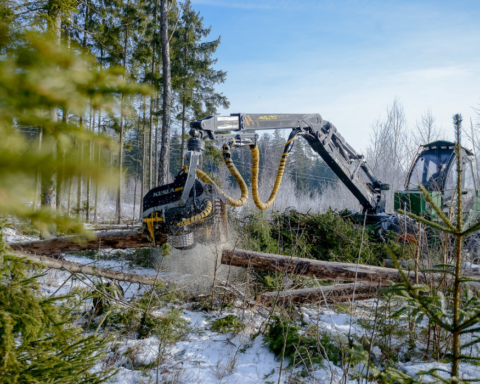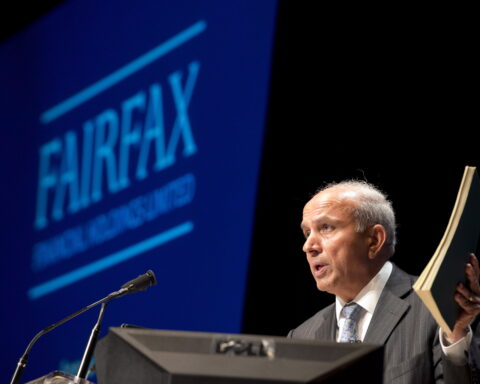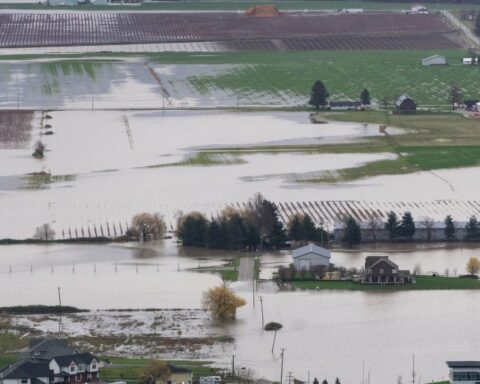Canada is home to two of the largest life and health insurance companies in the world – Sun Life and Manulife. Now expanding into Asia, these are Canadian success stories.
Yet both have a contradiction at the heart of their business model. They are also two of Canada’s largest investors in fossil fuels, including dirty coal, investments that adversely affect the health of the clients they’re insuring.
The German NGO Urgewald just published a global database of fossil fuel investors, companies that own the most stocks and bonds in oil and gas and coal companies. The top five for Canada are Sun Life, RBC, Power Corporation, Manulife and TD, each with billions invested.
It’s not a surprise to see the big banks on this list, but this represents a particular contradiction for Sun Life and Manulife, whose core business centres on the health of their clients.
As the climate crisis accelerates, more attention has been focused on the role of the property and casualty insurance industry on the front lines of impacts such as floods, fires and storms. This is already driving increases to Canadians’ home insurance rates.
But less attention has been focused so far on the role of the health and life insurance industry in the climate crisis, even though it’s not just property that’s negatively affected by climate impacts – it’s people too.
Last year the Canadian government completed a major assessment of climate and health that concluded that climate change is already negatively affecting the health of Canadians through disease, injury and death, and that health risks will increase with warming.
It also found that impacts disproportionately fall on vulnerable populations. Perhaps the most dramatic example was the 2021 heat dome, which killed 619 people in B.C., but health impacts are also showing up more quietly, worsening the mental health of young people. A Lakehead University study found that 40% of those aged 18 to 25 say climate anxiety already affects their daily functioning.
As well, we also know that burning fossil fuels has direct health impacts via air pollution, such as respiratory disorders, strokes and heart attacks. The federal government estimates that coal burning results in hundreds of thousands of premature deaths globally each year.
Why, then, do life and health insurance companies continue to foster these negative health impacts via their investments? And what are the implications for the insurance policies they issue, and potential claim payouts?
Sun Life and Manulife grew in part by adding asset management to their business and invested in everything, including fossil fuels. Today, both companies have promised to reach net-zero by 2050 in emissions resulting from their investments but are yet to follow that up with any meaningful policy on fossil fuels. Both are at the early stage of evaluating how the climate crisis will affect their life and health policies and whether they will see a rise in claims, or a shift in qualification criteria. Without more work and more disclosure, this is a concerning risk for investors.
Our organization, Investors for Paris Compliance, filed a shareholder proposal at Sun Life asking for this disclosure, to be voted on at its annual general meeting on May 11. With Manulife, we are hoping to see progress on these issues in its ESG report that will be released around the same time.
The insurance industry is on the front lines of the climate crisis. Insurance companies should be leading the charge in fossil-free investment. Their business depends on it.
Matt Price is the executive director at Investors for Paris Compliance. Kyra Bell-Pasht is the director of research and policy at Investors for Paris Compliance. Investors for Paris Compliance is a shareholder advocacy organization that holds publicly traded Canadian companies accountable to their net-zero commitments.







